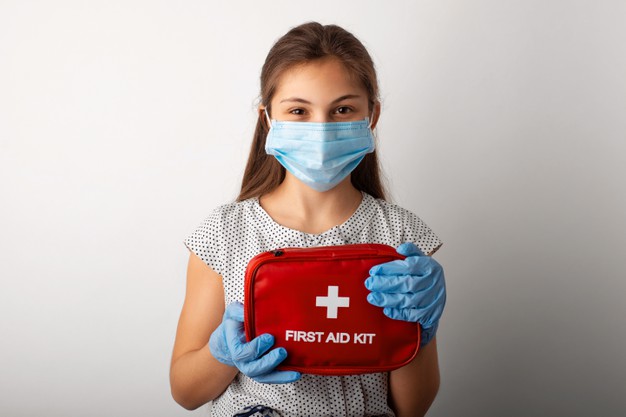Parents as the first teachers, have exceptional power in shaping their children before they get to know the world well, they’re the guardians who are responsible for their children’s attitudes. What kind of people our children will become in the future depends mainly on us, so it’s important to know what to say and how to behave with your child. The first years when our child is an observer are most important.
According to psychologists, children up to the age of ten observe and begin to create their own worldview. Do you remember when you were 10 or younger? What would you like to hear then? Think about it and pass on your knowledge to the kids.
What you can teach your children by age 10?
How to be a winner and how to lose with class

You have to be able to win, just like to lose. You surely know this feeling when you lost in some competition. Not taking first place doesn’t always mean we’re losers, but that someone was better than us. Teach your child that the most important thing is never to give up and congratulate the winner. Explain why people sometimes win (luck, determination) and how to approach your victory well (without boasting and with humility).
Empathy

Compassion and understanding for others isn’t so foreign to younger children, but it can be difficult for those a little older. One of the best ways to develop empathy is to remind your child to put themselves in the other person’s shoes. Such lessons end with kindness, patience and sensitivity to the needs of others.
Appreciating nature

There is a lot of beauty in the wild. Show your child what it means to respect nature, teach the segregation of rubbish and respect for nature. Go with your child to the National Park – learn to recognize trees, show endangered species. Such a trip will have an educational impact, but it will also allow you to spend time together and get to know each other better. Encourage exploring nature through gardening, outdoor activities, and animal watching.
First aid

From an early age, remind your children that the most important thing is to help others. Tell about emergency numbers and how to start CPR. Even if your child is too young to perform a rescue operation, he will definitely be able to decontaminate and dress wounds.
Choices and consequences

Let your children accept responsibility for their choices and actions. By being overprotective or allowing your child to be constantly reckless, you and your child may become unhappy over time. Show your child what it means to be responsible for their choices. Talk about the consequences and what to do to avoid problems.
Contact with peers

It’s normal for children to want to be accepted by their classmates – this is some kind of approval, but teach your child that nodding to everyone isn’t good. If his peers encourage the child to do bad deeds and your child doesn’t know how to deal with the pressure, show that he can always count on you and has support. Identify examples of peer pressure and what a healthy friendship should look like. This way, your child will know which people to stick with. Let him learn to be among people who accept advantages and disadvantages, this way he will quickly get to know himself.
Household duties

Don’t wait for your child to go to college, teach him about small chores and housekeeping from an early age. Show how to set the washing machine and how to wipe the dust. Cleanups teach everyday life, show that not everything comes on its own and shape your child as a future adult.
Life among technology

In today’s world, children up to 10 years of age are better able to use a tablet or phone than to express themselves using a compound sentence. Living with modern technologies is inevitable, but keep your child apart from using these devices. Give your child a cell phone that will be used to contact urgent matters, not just a device designed for playing games. Talk to your child about online safety – talk about violence, “hate” and writing with strangers. Children should know about privacy and the scammers lurking online.
How to overcome shyness?

Not every child is brave and bold, so sometimes it may turn out that when your child needs help, they will not ask for it. Being shy, worrying about what your peers will say, or maybe simple pride will make your child speechless, which is why it’s important to play life scenes. Play the theater with your child or ask a question and provide some possible answers.
Save money

If your child gets pocket money from you, show him what saving is about. If the child dreams of a new toy, book or additional activities, explain that everything costs and money is needed. Set up a separate jar for collecting savings – let your child respect money from an early age, thanks to which he will spend it more wisely in the future.
Respect and other values

We live in a world where there are all kinds of families and people. Courtesy and respect for other children, no matter who they are, are essential. In real life, a child will see a person with a physical disability, an elderly person, from another country, or whose family isn’t like her own. Teaching your child to respect others who may look, live, eat, or act differently from your family is the path to having an open mind and heart and accepting others.



